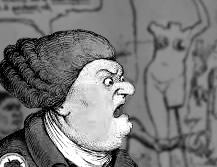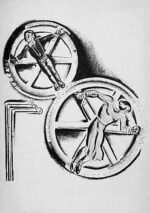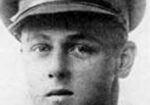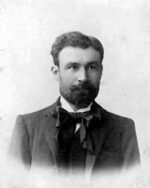Description
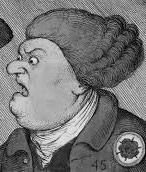 Appreciate John Bull, the archetypal non-nonsense Englishman in British satire, when portrayed as a famine victim objecting to the purchase of Lord Elgin’s Parthenon marbles in 1816. Bull was invented by Jonathan Swift’s polymath friend Dr John Arbuthnot in satirical pamphlets in 1712, arguing for an end to the War of the Spanish Succession. Sometimes John Bull was actually visualised with a Bull’s head, but usually as a stout, round-faced country gent in a tailcoat, breeches and waistcoat.
Appreciate John Bull, the archetypal non-nonsense Englishman in British satire, when portrayed as a famine victim objecting to the purchase of Lord Elgin’s Parthenon marbles in 1816. Bull was invented by Jonathan Swift’s polymath friend Dr John Arbuthnot in satirical pamphlets in 1712, arguing for an end to the War of the Spanish Succession. Sometimes John Bull was actually visualised with a Bull’s head, but usually as a stout, round-faced country gent in a tailcoat, breeches and waistcoat.
Bull is hard-headed, a patriot, a drinker, and likes dogs. He is no aristocrat but his politics are emphatically not radical. He was often pitted against Tom Paine. He was violently opposed to the French Revolution, to Napoleon, and to Continental ideas and fashions. It was only in the early 19th century that was sometimes critical of the British establishment.
In this cartoon (above) by George Cruikshank, The Elgin Marbles! or John Bull buying stones at the time his numerous family want bread, his family are starving during the famine caused by the catastrophic harvest of 1816. During the same summer the 7th Earl of Elgin persuaded the British government to purchase the sculptures he had removed from the temples of the Athenian acropolis. The cartoon depicts the Leader of the House of Commons, Lord Castlereagh, as a sinister salesman trying to entice Bull into buying some statues. Castlereagh says, ‘Here’s a Bargain for you Johnny! Only £35,000!! I have bought them on purpose for you! Never think of Bread when you can have Stones so wonderous Cheap!!’
Although poets and artists swooned at the marbles, there was substantial opposition to the £35,000 payout Elgin received. Many Britons were outraged. Most of them did not have the vote, let alone a say in the Report of the Select Committee which recommended the purchase. The radical Whig M.P. for Coventry, Peter Moore, said he would demand the money for his constituents, rather than give such a sum ‘to look at broken legs, arms, and shoulders.’
Bull is here thinner than usual, and his clothes are patched. He is surrounded by his emaciated children. Mrs. Bull’s baby is sucking a meatless bone. His older children shout ‘Don’t buy them Daddy! we don’t want Stones. Give us Bread! Give us Bread! Give us Bread!’

